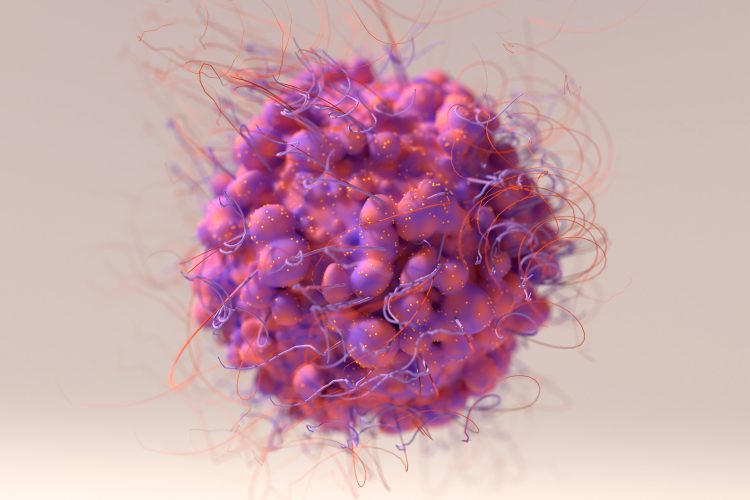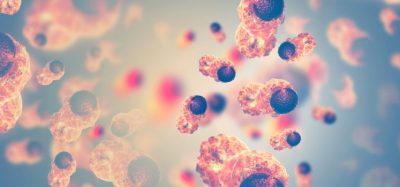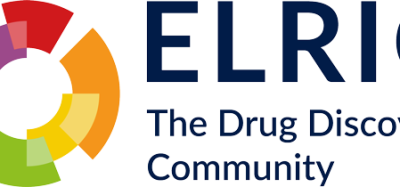Leveraging ADCs in precision oncology strategy
Posted: 27 May 2024 | Dr Heather O’Neill (Caris Life Sciences), Dr Milan Radovich (Caris Life Sciences), Ellen Capon (Drug Target Review) | No comments yet
In this Q&A, senior leaders at Caris Life Sciences discuss how the company is advancing precision medicine by integrating ADCs into patient-specific cancer treatment plans, focusing on novel target discovery through comprehensive molecular profiling and clinico-genomic data.


Caris Life Sciences® (Caris) has been at the forefront of precision medicine. How does the company see antibody-drug conjugates (ADCs) fitting into this approach?
Antibody-drug conjugates have seen explosive growth in the last few years which has materialised with numerous clinical trials demonstrating meaningful improvements in survival. However, biopharma pipelines have been focused on optimising linkers and payloads around a relatively small number of cell-surface targets. Caris Discovery, the therapeutic research arm of Caris Life Sciences, was launched to address the paucity of novel oncology drug targets and is uniquely poised to discover first-in-class ADC targets.
What role do ADCs play in Caris’ strategy for targeted cancer therapy, particularly in terms of patient-specific treatment plans?
At a base-layer, Caris’ comprehensive molecular profiling that we perform for patients today can identify predictive biomarkers for current FDA-approved ADCs. Examples include HER2-low and FOLR1. However, we are very keen on leveraging our capabilities to identify the ADCs of tomorrow.
Caris’ clinico-genomic database, built from our comprehensive molecular profiling business and tissue biorepository, puts us at the forefront of being able to identify truly novel drug targets. Identifying ADC targets through interrogation of primary patient tissue ensures the clinical viability of the targets identified with our proprietary proteomic discovery platforms. We are very excited to partner with biopharma experienced in ADC molecule development to create targeted therapeutics.
Part of Caris Discovery encompasses not only the discovery campaign but also downstream validation. We can assess target expression, prevalence and associations across indications, specimen site (primary vs metastatic), histology, molecular signature groups, treatments (ie, IO) and outcomes (ie, resistance mechanisms). Patient specific treatment plans can be tailored to the cohorts that express the targets including feasibility assessment of combinations of our ADC targets with other lines of therapy.
Can you discuss any recent advancements or breakthroughs in ADC-related research or development that Caris has been involved in?
Caris Discovery leverages our aforementioned database to stratify cohorts of high unmet clinical need as a starting point for our proprietary proteomic platforms, which includes the ADAPT Biotargeting™ platform, to identify cancer enriched proteins directly from patient tissue. This unbiased aptamer-based platform enriches for cancer-specific proteins coupled to affinity purification-mass spectrometry for detection at the protein level. We are excited to have added proximity labelling directly on patient tissue to our proteomics approach to identify dual targeting ADCs. This is a new area that is taking off with examples including: HER2 x HER3 or EGFR x HER3 dual targeting ADCs.
But these initiatives are currently limited to combinations of the limited pool of known ADC targets. By identifying proteins that only interact with each other in cancer, but not normal tissues, we can really expand the repertoire of ADC therapeutics beyond monoclonal antibodies developed based solely on RNA expression profiles. Proximity labeling on tissue from patients that did not respond to current therapeutics may also help identify targetable proteins involved in drug resistance mechanisms. This data-driven integrated multiomics approach, combined with our ability to do wet-lab proteomics and validation, truly differentiates Caris Discovery from other target discovery platforms.
Looking ahead, what do you see as the future of ADCs in precision oncology, and how is Caris positioning itself to contribute to this evolving landscape?
We are excited about our recently announced partnership with Merck KGaA, Darmstadt, Germany to discover and validate novel ADC targets. We feel that target discovery is the gatekeeper to successful drug development and can maximize our probability of success through diversified and thoughtful partnerships with biopharma. Caris is positioning itself to bring molecules across therapeutic modalities, not limited to ADCs, against targets we have discovered which are truly novel to advance patient care.
About the authors
Dr Milan Radovich, PhD, Caris Life Sciences SVP and Chief Scientific Officer


Dr Milan Radovich joined Caris Life Sciences in September 2021 and currently serves as Senior Vice President and Chief Scientific Officer. In this role, he leads Caris’ efforts in data-driven scientific advancements in genomic medicine, liquid biopsy, translational research, clinical trials, target discovery and drug development. He also works closely with our numerous academic and biopharma collaborators on joint research in precision medicine.
Before joining Caris, Dr Radovich was an associate professor at the Indiana University School of Medicine and Vice President for Oncology Genomics at Indiana University Health. At IU, he led a clinical program dedicated to the integration of cutting-edge genomics for the care of advanced cancer patients. His research expertise focused on the use of genomics in translational oncology with a focus on clinical trials, genomically-informed drug combinations, liquid biopsy & MRD, and creating novel bioinformatic pipelines for cancer genome analyses. His work has been published in many high-impact journals and presented at international oncology meetings.
Dr Heather O’Neill, PhD, Caris Life Sciences VP of Precision Medicine


Dr Heather O’Neill joined Caris Life Sciences in 2012 and currently serves as Vice President of Precision Medicine. In this role, she launched the therapeutic arm of Caris Life Sciences, Caris Discovery, to address the paucity of novel targets in oncology drug development through research efforts and collaborative partnerships.
Dr O’Neill holds a Bachelor of Science in Biochemistry from the University of Arizona and a PhD in Biomedical Sciences-Molecular Biology from the Mayo Clinic College of Medicine. She was awarded several NIH grants that supported her pre- and postdoctoral research utilizing cross-linking mass spectrometry to probe protein-protein interactions.
Related topics
Analysis, Antibodies, Cancer research, Drug Discovery, Drug Targets, Oncology, Personalised Medicine, Targets
Related conditions
Cancer, Cancer Research
Related organisations
Caris Life Sciences








